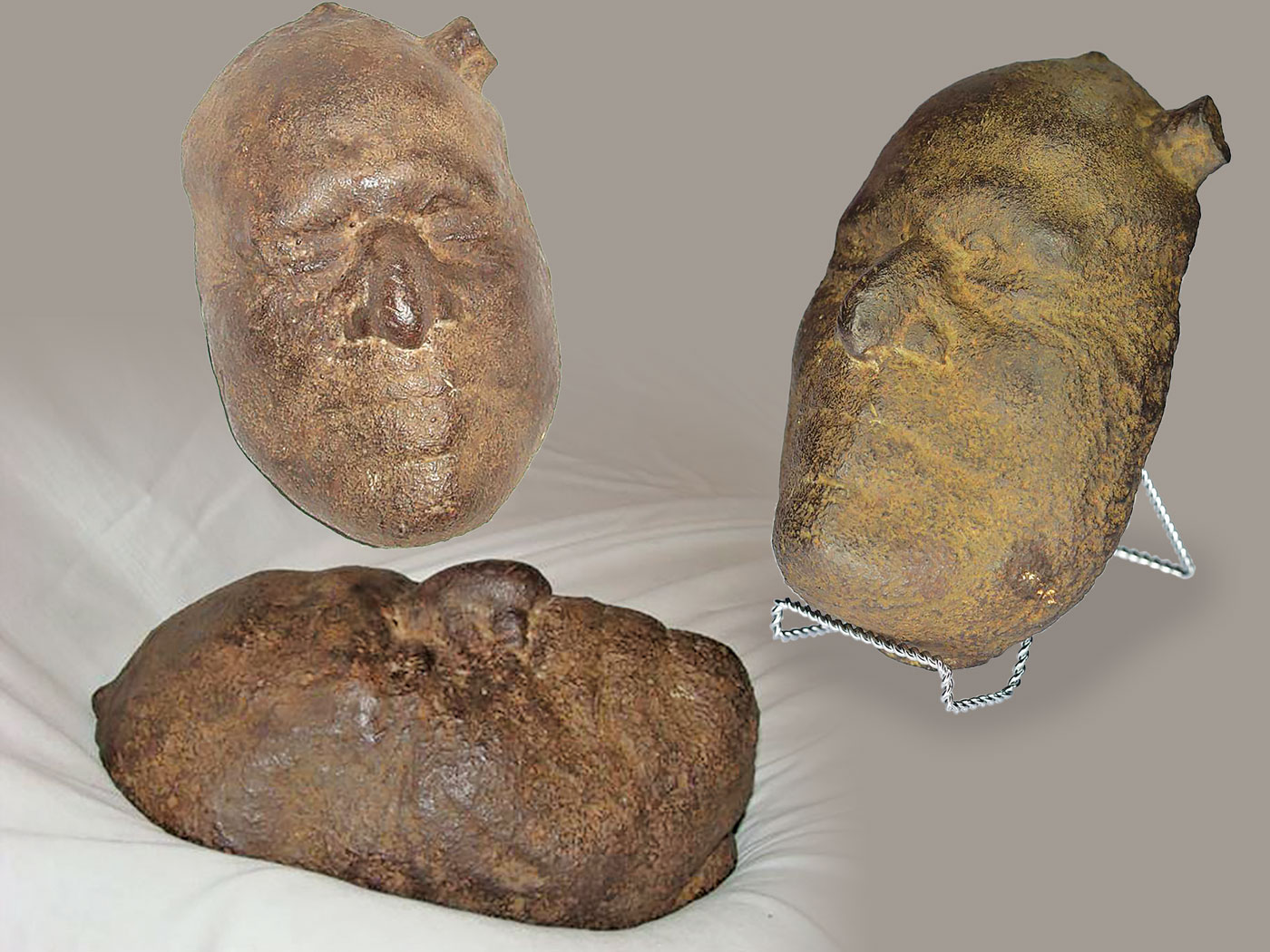Pseudogenes were once thought to be nothing but genomic fossils—the remnants of broken genes. Now they are being shown to be highly functional and critical to life processes in the cell.1
Pseudogenes clearly play an active role in regulating chronic inflammation in humans, a key cellular process that is associated with cancer, autoimmune disorders and cardiovascular and neurodegenerative diseases.1
While some pseudogenes have been studied one gene at a time, research using new technologies is now able to test their function on a large scale. An example of this type of research is a study published in 2012 in which pseudogene activity was tested in 293 tissue samples representing 13 different cancer and normal tissue types.2 Amazingly, scientists documented the activity of 2,082 distinct pseudogenes in the human genome whose aberrant levels of activity were directly associated with cancer-specific pathologies.
Yet another large-scale pseudogene analysis has also just been published. This time the focus of study was the determination of pseudogene activity in relation to tissue inflammation.3 The chronic inflammation of tissues in the human body is a key feature related to diseases associated with autoimmune responses, cardiovascular disorders, and neurodegenerative conditions.
Inflammation is a normal response to attacks detected by the immune system, such as from bacteria, viruses, harmful chemicals and even cancer cells. The process involving inflammation is a protective attempt by the body to halt the attack and remove the offending stimuli from the system, thus initiating the natural healing process. Because this response can only be carried out temporarily, it must be tightly regulated—inflammation must be scaled back once the attack is over or chronic inflammation can occur. Incredibly, a wide variety of pseudogenes have just been identified that are directly associated with the inflammation process.
When scientists stimulated human cells with known cellular protein triggers that regulate inflammation, they found that 54 of the genes that responded were pseudogenes. Even more surprising was the fact that when different types of signaling chemicals were used—including virus particles or chunks of bacterial cell walls—different sets of pseudogenes were activated. This indicated that different groups of pseudogenes have unique functions in the immune response, and that the general observation of pseudogene activity in inflammation was considerably more complicated and specifically coordinated.
The research and its results not only showed how large groups of pseudogenes were involved in the inflammation response, but also allowed for the specific targeting of some of them to determine their function. One such pseudogene that was targeted for study, was named "Lethe," which turned out to be a master regulator of the inflammation response—turning it off when it was no longer needed. Thus, one of the key regulatory switches in the genome that keeps inflammation in check, is a pseudogene! Not bad for what evolutionists once thought to be a useless genomic fossil.
Many evolutionists try to downplay the fact that pseudogenes are now being shown to be expressed in large numbers, claiming that just because a DNA sequence is biochemically functioning (producing an RNA transcript), doesn't mean it is important. However, when scientists target individual pseudogenes for closer study, they find that their regulatory functions are not only highly complex, but key to life processes in the cell that keep us healthy.4,5 In fact, the products of pseudogenes are now being shown to play very complex roles in the regulation of protein-coding genes in elaborate and dynamic systems of biochemical cross-talk and feedback loops.6
Pseudogenes are clearly not pseudo, but rather complex sections of genetic code programmed by an omnipotent and all-wise Creator. The only thing that is pseudo, is the failed paradigm of evolution.
References
- Tomkins, J. 2013. Pseudogenes Are Functional, Not Genomic Fossils. Acts & Facts. 42 (7): 9.
- Kalyana-Sundaram, S. et al. 2012. Expressed pseudogenes in the transcriptional landscape of human cancers. Cell. 149 (7): 1622-1634.
- Rapicavoli, N. et al. 2013. A mammalian pseudogene lncRNA at the interface of inflammation and anti-inflammatory therapeutics. eLife. 2013;2:e00762. Posted on elife.elifesciences.org on July 23, 2013, accessed July 25, 2013.
- Tomkins, J. 2013. Pseudogene Plays Important Role in Cell Cycle. Creation Science Update. Posted on icr.org April 22, 2013.
- Tomkins, J. 2013. Bewildering Pseudogene Functions Both Forwards and Backwards. Creation Science Update. Posted on icr.org June 14, 2013.
- Taulli, R. et al. 2013. From pseudo-ceRNAs to circ-ceRNAs: a tale of cross-talk and competition. Nature Structural & Molecular Biology. 20 (5): 541-543.
* Dr. Tomkins is Research Associate at the Institute for Creation Research and received his Ph.D. in Genetics from Clemson University.
Article posted on August 7, 2013.





















